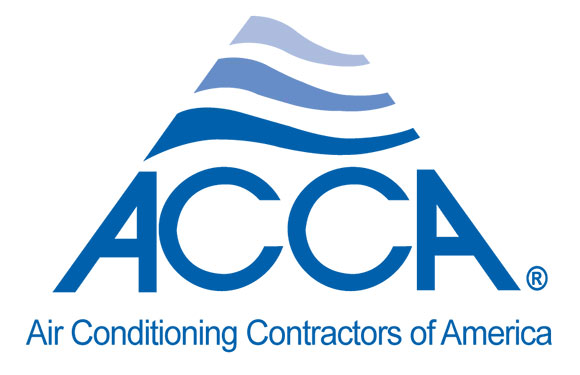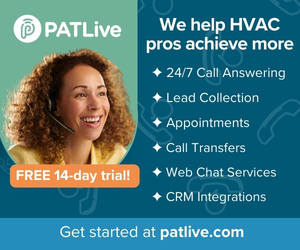
Guest Contributor
The Latest on Work-Related COVID-19 Testing
Over the past two years, it has been a challenge to navigate all the policies and procedures related to COVID-19. Companies of all sizes have had to maneuver mask mandates and vaccination requirements, all while trying to keep their businesses running.
If you are one of those employers, you need to know the latest on mandatory COVID-19 testing. On July 12, U.S. Equal Employment Opportunity Commission (EEOC) provided new guidance on this matter. Below are the highlights.
Justification for Testing
Employers have previously been allowed to mandate COVID-19 testing, but that has changed. Now, employers must be willing to prove that any required testing is related to workers’ jobs and is necessary for the business to operate effectively. To assess if testing is justified, the EEOC has offered several factors for employers to consider:
• Whether employees are vaccinated
• How fast and accurate the various tests are
• What the current level of community transmission is
• What rate of breakthrough cases that vaccinated employees are experiencing
• How much contact employees have with others while at work
• How transmissible the current variants are
• How business operations will be affected if employees bring COVID-19 into the workplace
The EEOC is not implying that testing is not necessary. Instead, it is encouraging employers to individually assess their situations to determine if testing is indeed warranted.
Other Recent Updates
The EEOC updated some other pandemic-related guidelines on July 12.
Medical clearance: When an employee returns to work after having COVID-19, the employer is allowed to ask for medical approval from a doctor or other health professional. However, the employer is not required to do so. If the employee has followed existing Centers for Disease Control and Prevention (CDC) guidelines, the employer can permit the worker to return without medical clearance.
Antibody testing: An employer is not allowed to require antibody testing before an employee returns to the workplace. Per the CDC, antibody tests do not indicate whether a worker is currently infected or immune. Therefore, the results of such a test have no bearing on the employee’s eligibility to return to work.
Screening during the hiring process: Employers are allowed to screen job applicants for COVID-19 when they come to an onsite interview, as long as they are screening all others—employees, visitors, and contractors—who are present on the worksite.
Retracting job offers: Employers are allowed to withdraw a job offer if an applicant tests positive for COVID-19 and must start right away or is required to be in close proximity to others. However, employers can postpone a start date or make other accommodations (such as remote work) if they wish to keep the job offer in place.
Accommodating older workers: The new guidance clarifies that the Age Discrimination in Employment Act (ADEA) prohibits discrimination against workers over age 40, but unlike the Americans with Disabilities Act (ADA), it does not require reasonable accommodations based solely on age. However, employers are required to provide accommodations to older workers with applicable medical conditions.
If you require a refresher on other pandemic-related requirements, the EEOC has updated a comprehensive list of questions.
Final Advice
It can be difficult to keep up with all the workplace regulations surrounding COVID-19 testing, screening, and accommodations. If you are uncertain about your obligations regarding these issues, do not hesitate to consult legal counsel. An experienced employment attorney can assess your situation and offer advice based on the most up-to-date guidance.
The information contained in this article is for general educational information only. This information does not constitute legal advice, is not intended to constitute legal advice, nor should it be relied upon as legal advice for your specific factual pattern or situation.
Trent Cotney is a partner and Construction Practice Group Leader at the law firm of Adams and Reese LLP. For more information on this subject, please contact the author at trent.cotney@arlaw.com.













